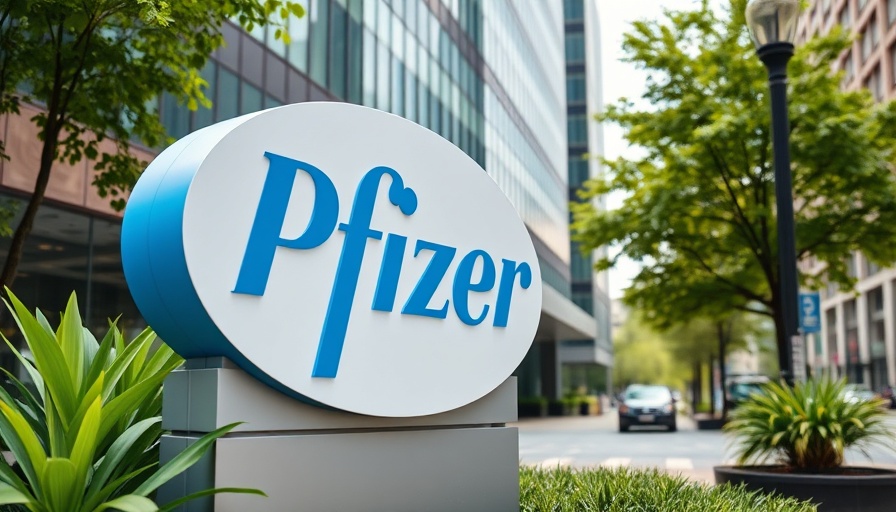
Pfizer's Shift Towards Merit in Diversity Initiatives
In a bold move reflective of changing corporate attitudes, Pfizer has revamped its diversity, equity, and inclusion (DEI) webpage to emphasize the significance of merit in the workplace. This change highlights a broader trend among businesses adjusting their policies in response to shifting political landscapes, particularly during the Trump administration's push against traditional DEI frameworks. By rebranding its DEI initiatives as 'Merit-Based Diversity, Equity, and Inclusion,' Pfizer underscores a commitment to hard work and talent over potentially broader inclusion metrics, which some critics argue dilute meritocracy.
The Implications of the Changes
The adjustments to Pfizer's DEI messaging come at a time when several large corporations are reevaluating their diversity policies. Gone are messages aimed at advancing racial equity; instead, new language reflects an organizational pivot towards showcasing talent and contributions as the primary drivers of success. This could have long-term implications not just for Pfizer, but for the entire pharmaceutical industry as firms leans more towards performance-based evaluations in an attempt to appease regulatory changes and political pressures.
Industry-Wide Trends: A Shift in the Narrative
Pfizer is not alone in its rebranding efforts. Other pharmaceutical giants like Bristol Myers Squibb and Johnson & Johnson have also adjusted their public-facing diversity rhetoric, signaling a broader trend where mentions of DEI in annual reports have diminished under similar political pressures. The new focus on meritocracy raises essential questions about what inclusivity and diversity will look like moving forward in these organizations, and whether the industry can maintain an equitable approach without defined diversity goals.
Concluding Thoughts: Community Impact of Corporate Messaging
As companies like Pfizer reshape their narratives around DEI, the ripple effects can impact communities and employees alike. Celebrating merit can promote excellence in talent acquisition; however, challenges may arise in ensuring marginalized groups are not overlooked in this merit-centric approach. It is crucial for corporations to find a balance that honors contributions from a diverse workforce while also recognizing the importance of equitable opportunities.
 Add Row
Add Row  Add
Add 




Write A Comment